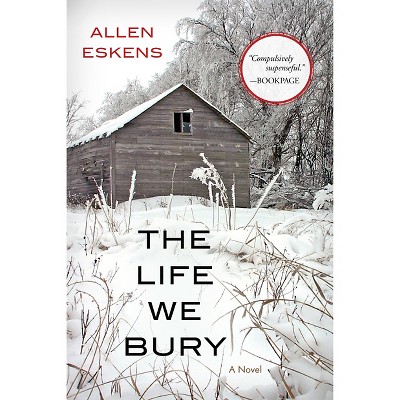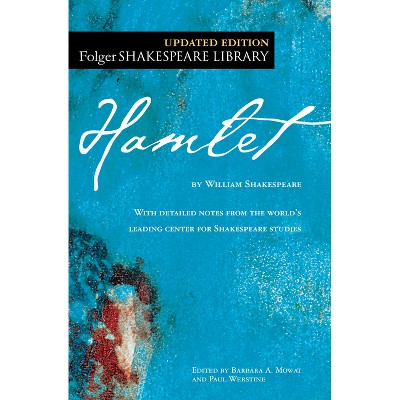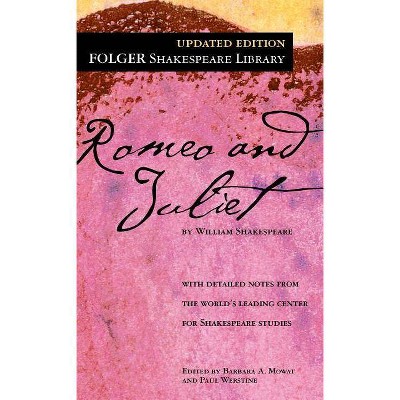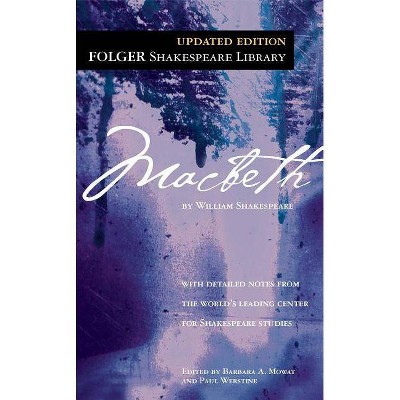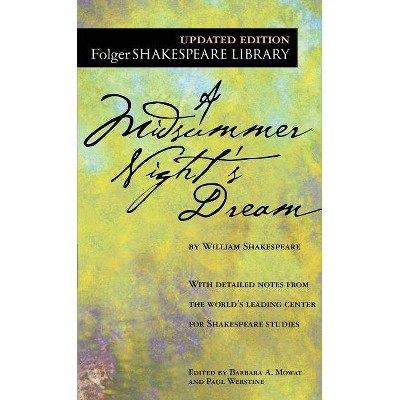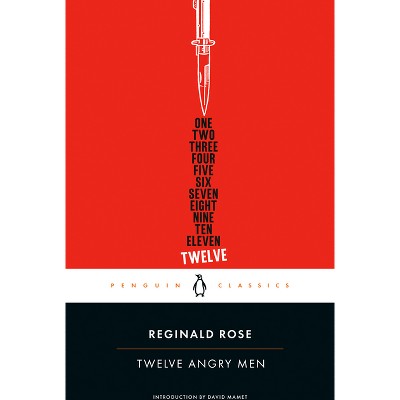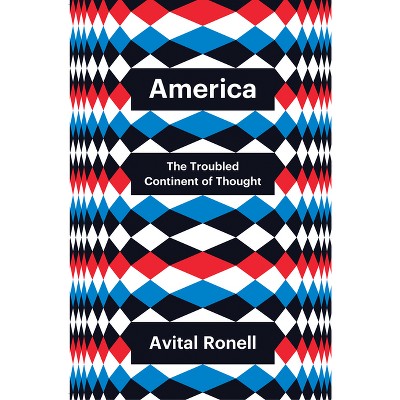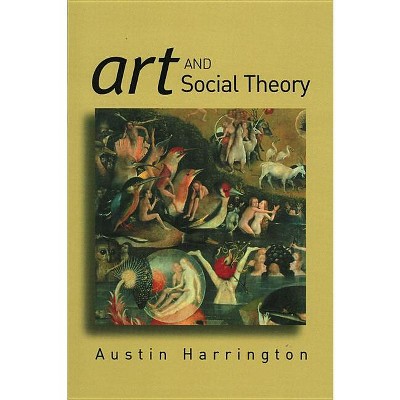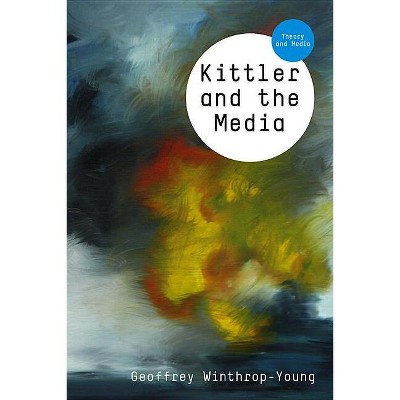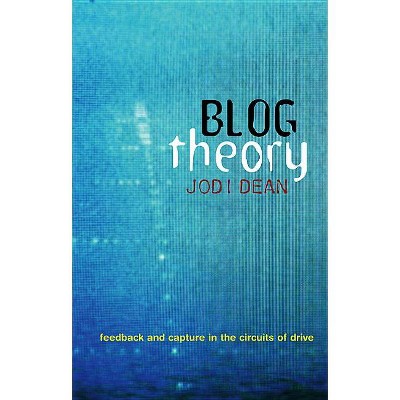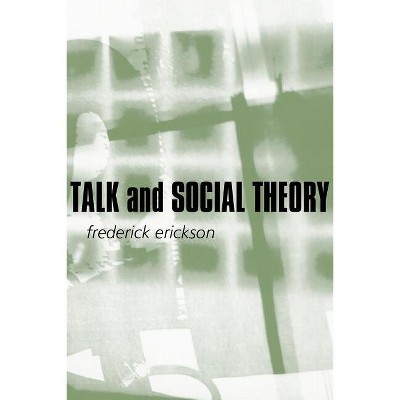Sponsored

Theory of Modern Drama - by Peter Szondi (Paperback)
In Stock
Sponsored
About this item
Highlights
- Theory of the Modern Drama is a brilliant analysis of the emergence and development of modern drama from the Renaissance to the present day.
- About the Author: PETER SZONDI was Professor of Comparative Literature at the Free University in Berlin before his death in 1971.
- 148 Pages
- Drama, General
Description
About the Book
Theory of the Modern Drama is a brilliant analysis of the emergence and development of modern drama from the Renaissance to the present day. Szondi offers a highly original interpretation of the transformation of the dramatic form which took place at the end of the nineteenth century.Book Synopsis
Theory of the Modern Drama is a brilliant analysis of the emergence and development of modern drama from the Renaissance to the present day. Szondi shows how the rise of modern drama was linked to broader social processes and expressed some of the beliefs characteristic of early modern Europe. This was manifested in the convention that form was ahistorical and it simply required the appropriate subject matter to do justice to the form. But in the late nineteenth century the form of drama began to change, giving rise to the new types of drama characteristic of the twentieth century. Szondi offers a highly original interpretation of this transformation, linking it with the emergence of an epic form which emphasizes the isolation of the individual.
This concise but wide-ranging book discusses the work of Ibsen, Chekhov, Strindberg, Sartre, Brecht and Wilder, among others. It will be essential reading for students of drama, modern languages and literature, and contemporary literary theory.
Review Quotes
'Reading Peter Szondi is a direct encounter with a literary-philosophic sensibility of great distinction.'
George Steiner
About the Author
PETER SZONDI was Professor of Comparative Literature at the Free University in Berlin before his death in 1971. He is the author of groundbreaking works on the theory of drama and comparative literature.Shipping details
Return details
Trending Drama
